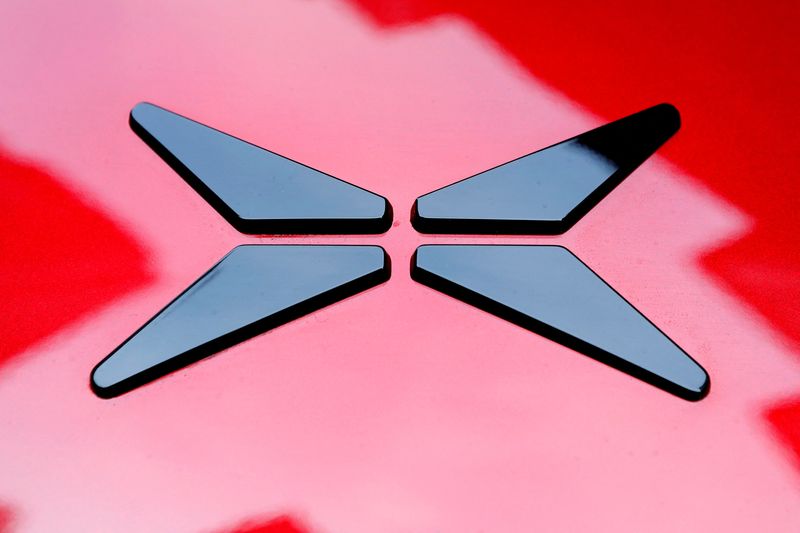Written by Sarah Wu
BEIJING/SHANGHAI (Reuters) – Shares in Chinese electric car maker Xiaopeng Automobile rose on Wednesday following optimistic comments about rising revenue from research and development services it provides to Volkswagen and targets to improve self-driving technology. It soared more than 10%.
Xpeng deepened its partnership with VW in April to jointly develop EV architectures, and said these research and development services were mainly behind its first-quarter service revenue nearly doubling to 1 billion yuan ($138 million) from the same period last year.
As a result, Xpeng's gross profit margin increased to 12.9% from 1.7% in the same period last year and 6.2% in the fourth quarter.
“The company has paved the way with a new business model of selling intelligent technology to boost profitability,” analysts at Huatai Securities said in a report.
Xpeng, one of the most advanced Chinese automakers in the field of smart EVs, also expects to develop “Level 4” self-driving capabilities by next year, although hardware and regulatory environments will have to catch up. He added that it would take some time.
Level 4 does not require a human driver within designated areas. Few automakers have developed Level 4 technology, and most efforts so far have been limited to testing robotaxis in limited areas.
Driving assistance features currently available in China are “Level 2” systems, which require the driver to be ready to take over driving. Tesla's “Full Self-Driving” and less advanced Autopilot options are also Level 2 systems that require an attentive driver.
Xiaopeng's Hong Kong-listed shares rose 12% in afternoon trading. The company also said on an earnings call late Tuesday that it expects second-quarter deliveries to increase 25% to 38% from a year ago.
Xpeng added that he expects the mass-market MONA-branded EV, priced under 200,000 yuan ($27,630) and released next month, to be equipped with Level 2 autonomous driving capabilities. This will be the first MONA vehicle to hit public roads after Xpeng took over the project from ride-hailing giant Didi last year.
According to Xpeng CEO He Xiaopeng, consumers of cars costing between 100,000 and 200,000 yuan are more likely to use autonomous driving features, but until now have not been able to afford the technology.
“Once cars become affordable, those consumers will be hooked on self-driving cars,” he said. “And I believe that next year, in 2025, this will become a reality.”
(1 dollar = 7.2383 Chinese yuan)
(Reporting by Sarah Wu in Beijing and Zhang Yang in Shanghai; Editing by Edwina Gibbs)


